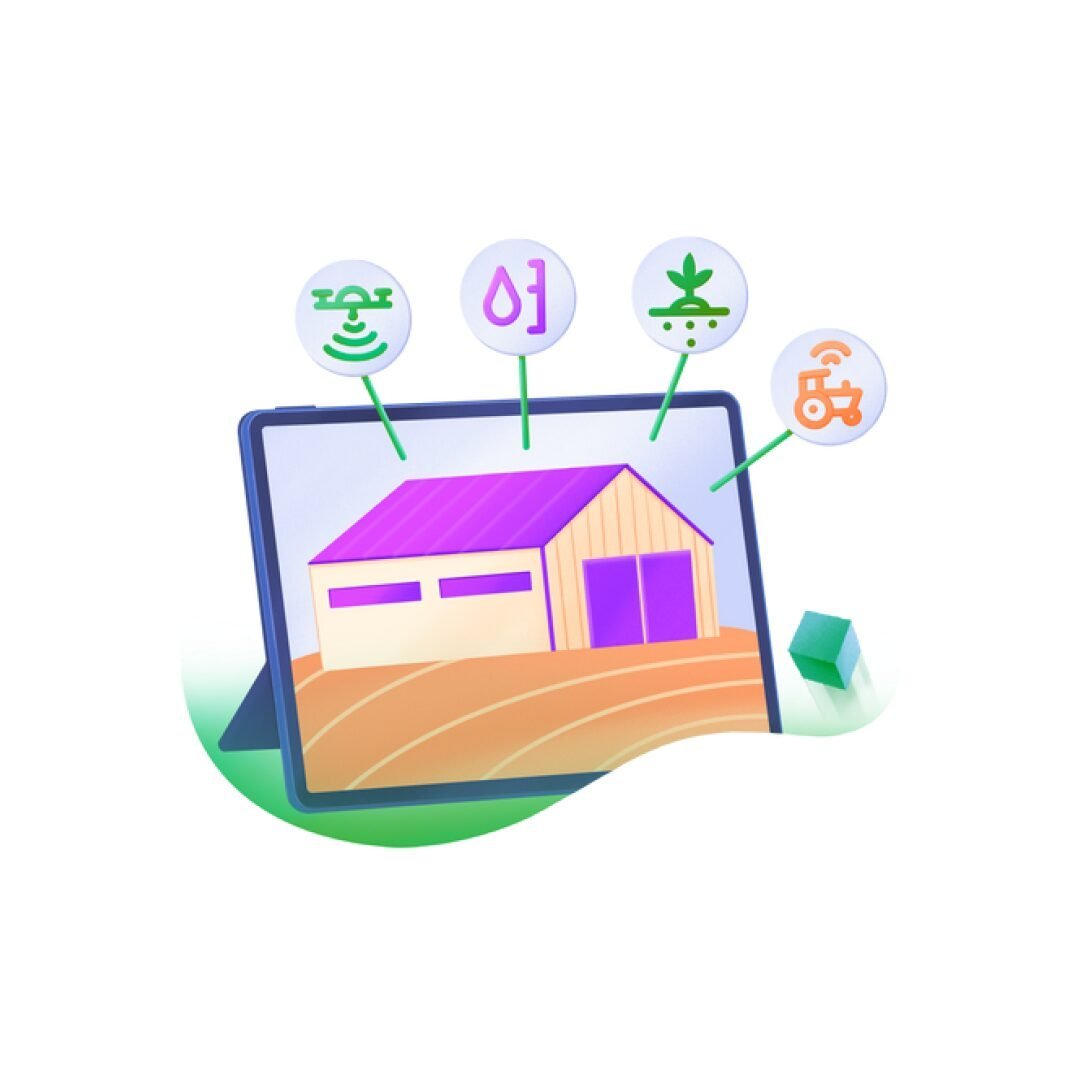✆ + 1-646-235-9076 ⏱ Mon - Fri: 24h/day
How IoT is Transforming Agriculture: Smart Farming Explained


The fusion of digital innovation and agriculture has paved the way for smart farming — a modern approach powered by the Internet of Things (IoT). By enabling real-time data collection and automated decision-making, IoT is helping farmers optimize resources, improve crop yields, and embrace sustainable practices. In this article, we’ll explore key IoT applications in agriculture, market trends, and the role of Fordewind.io in this rapidly evolving sector.
What is IoT in Agriculture – Smart Agriculture?
Smart agriculture — also known as precision farming — uses IoT technology to monitor and control agricultural operations. From soil sensors to automated irrigation systems, connected devices collect and transmit critical data, allowing farmers to make informed, timely decisions across crop management, livestock monitoring, and supply chain operations.
Top IoT Use Cases in Agriculture
1.Smart Monitoring
- Sensors measure soil moisture, temperature, humidity, and crop health.
- Benefits: Real-time data enables early pest detection, efficient resource use, and yield forecasting.
2. Smart Water Management
- IoT-driven irrigation systems automatically adjust water levels based on soil and weather data.
- Benefits: Water conservation, lower costs, and improved crop productivity.
3. Agrochemical Applications
- GPS-enabled drones and devices distribute fertilizers and pesticides with precision.
- Benefits: Reduced chemical use, environmental protection, and cost savings.
4. Disease Detection & Management
- IoT sensors detect plant diseases at early stages.
- Benefits: Preventive actions, reduced crop losses, and healthier yields.
5. Smart Harvesting
- Devices analyze crop maturity to determine the optimal time to harvest.
- Benefits: Higher-quality produce, reduced labor expenses, and efficient harvesting.
6. Supply Chain Optimization
- IoT enables real-time tracking of produce from farm to market.
- Benefits: Enhanced transparency, traceability, and streamlined logistics.
7. Integrated Farm Management
- Centralized dashboards aggregate data from all IoT devices.
- Benefits: Better decision-making, operational efficiency, and sustainability.
Fordewind.io’s Role in Smart Agriculture
As a leader in IoT development, Fordewind.io delivers tailored solutions to meet the diverse needs of the agricultural sector:
- Custom IoT Solutions
Fordewind.io creates specialized tools for soil quality monitoring, livestock tracking, and equipment diagnostics. - Secure Data Management
The platform ensures reliable data storage, analytics, and predictive insights—empowering farmers to make data-driven decisions.
Smart Agriculture Market Trends
- The global smart agriculture market is projected to reach $15.3 billion by 2025.
- Technologies such as AI, machine learning, and big data analytics are increasingly integrated with IoT to enhance precision and automation.
- Early adopters of IoT in agriculture are gaining competitive advantages through improved efficiency and profitability.
Conclusion
The Internet of Things is fundamentally transforming agriculture. With intelligent monitoring, precision resource management, and advanced analytics, IoT in agriculture is fostering a new era of sustainable and efficient farming. As an innovative IoT partner, Fordewind.io is driving this change — enabling farmers to meet global challenges and seize the opportunities of modern agri-tech.